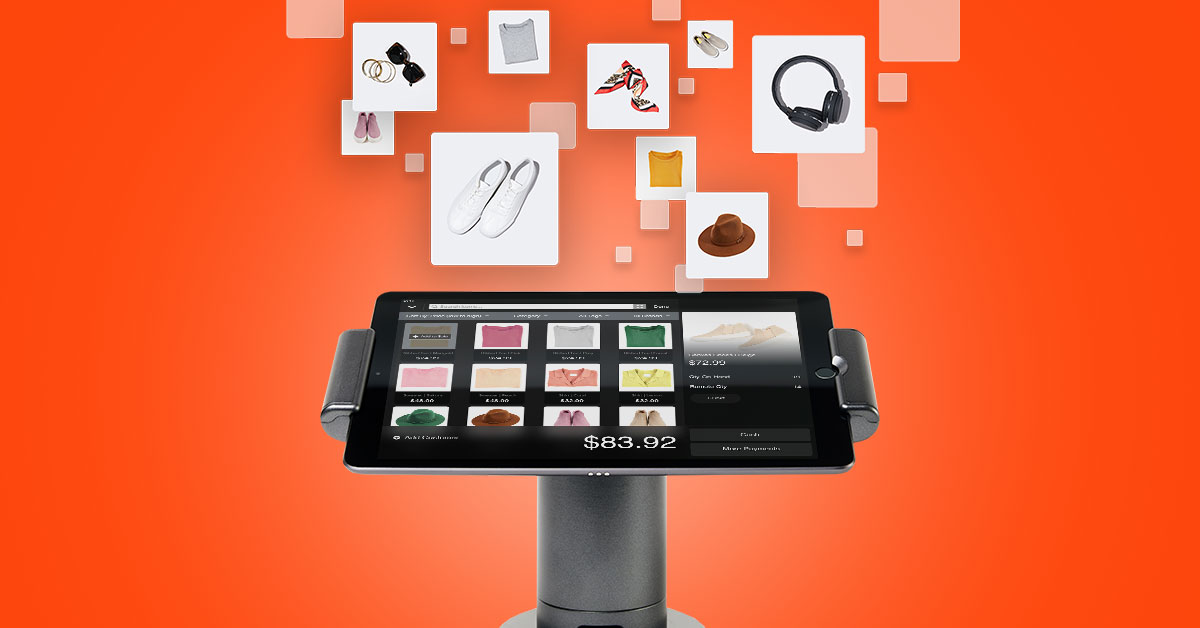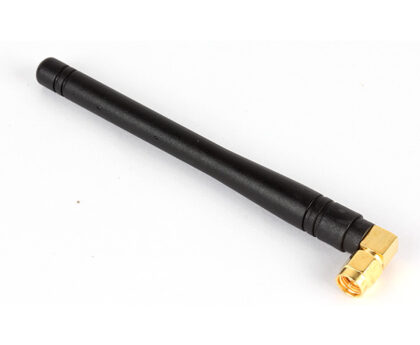
In the dynamic world of retail, managing the procurement of goods and services efficiently is crucial for the success of any business. Retail procurement management encompasses the strategies and processes involved in sourcing, purchasing, and managing the inventory needed to meet customer demand. It plays a vital role in ensuring the availability of products, maintaining competitive pricing, and ultimately driving profitability for retailers.
Procurement in Retail: The Importance of Strategic Sourcing
Procurement in the retail industry involves identifying reliable suppliers, negotiating contracts, and ensuring the timely delivery of goods and services. Strategic sourcing is a fundamental aspect of retail procurement that focuses on identifying and selecting suppliers who offer the best value for the business.
Effective retail procurement relies on establishing strong relationships with suppliers to secure favorable pricing, terms, and quality assurance. By strategically sourcing suppliers, retailers can minimize costs, maintain consistent product quality, and stay ahead of their competition. Additionally, effective procurement practices enable retailers to adapt to changing market conditions and consumer preferences quickly.
Retail Sourcing: Ensuring Product Availability and Quality
Retail sourcing is a critical component of retail procurement. It involves identifying and selecting the right products to meet customer demand while ensuring quality standards are met. Retailers must consider factors such as product availability, supplier reliability, cost, and sustainability when sourcing goods.
To ensure product availability, retailers need to have a robust sourcing strategy that involves identifying multiple suppliers or sourcing regions. This reduces the risk of disruptions in the supply chain due to unforeseen events such as natural disasters or political instability.
Maintaining product quality is equally important. Retailers must work closely with suppliers to establish quality control measures, perform regular inspections, and ensure compliance with industry standards and regulations. By prioritizing quality in their sourcing decisions, retailers can build customer trust and loyalty, leading to repeat business and positive brand reputation.
The Retail Procurement Process and Solutions
The retail procurement process consists of several interconnected stages that retailers must navigate to ensure a seamless flow of goods and services. While the specific steps may vary depending on the retailer’s size and complexity, the general process typically includes the following:
Identifying Needs: Retailers must determine the products and services required to meet customer demands and achieve business goals. This involves analyzing sales data, monitoring market trends, and forecasting demand.
Supplier Selection: Once the needs are identified, retailers must select suitable suppliers. This involves evaluating potential suppliers based on criteria such as price, quality, reliability, and sustainability. Retailers may also consider factors like supplier location and capacity to ensure a stable supply chain.
Negotiation and Contracting: Retailers negotiate pricing, terms, and conditions with selected suppliers. Clear and well-defined contracts are essential to protect the interests of both parties and ensure compliance with legal requirements.
Ordering and Delivery: After the contract is finalized, retailers place orders with suppliers. Efficient order management systems and processes help streamline communication, track deliveries, and manage inventory effectively.
Receipt and Inspection: Upon receiving the goods, retailers inspect them to ensure they meet the required specifications and quality standards. This step is crucial in identifying any potential issues early on and taking appropriate actions such as returns or replacements.
Payment and Performance Evaluation: Retailers process payments to suppliers based on agreed-upon terms. They also evaluate supplier performance regularly to assess factors like delivery time, product quality, and customer service. This evaluation helps identify areas for improvement and maintain strong supplier relationships.
To Conclude
Retail procurement management is a critical function that enables retailers to source products efficiently, maintain quality, and meet customer demand. Strategic sourcing, effective retail sourcing, and a well-defined procurement process are essential for success in the retail industry. By adopting retail procurement solutions and leveraging technology, retailers can streamline their procurement operations, reduce costs, and gain a competitive edge in the market.



